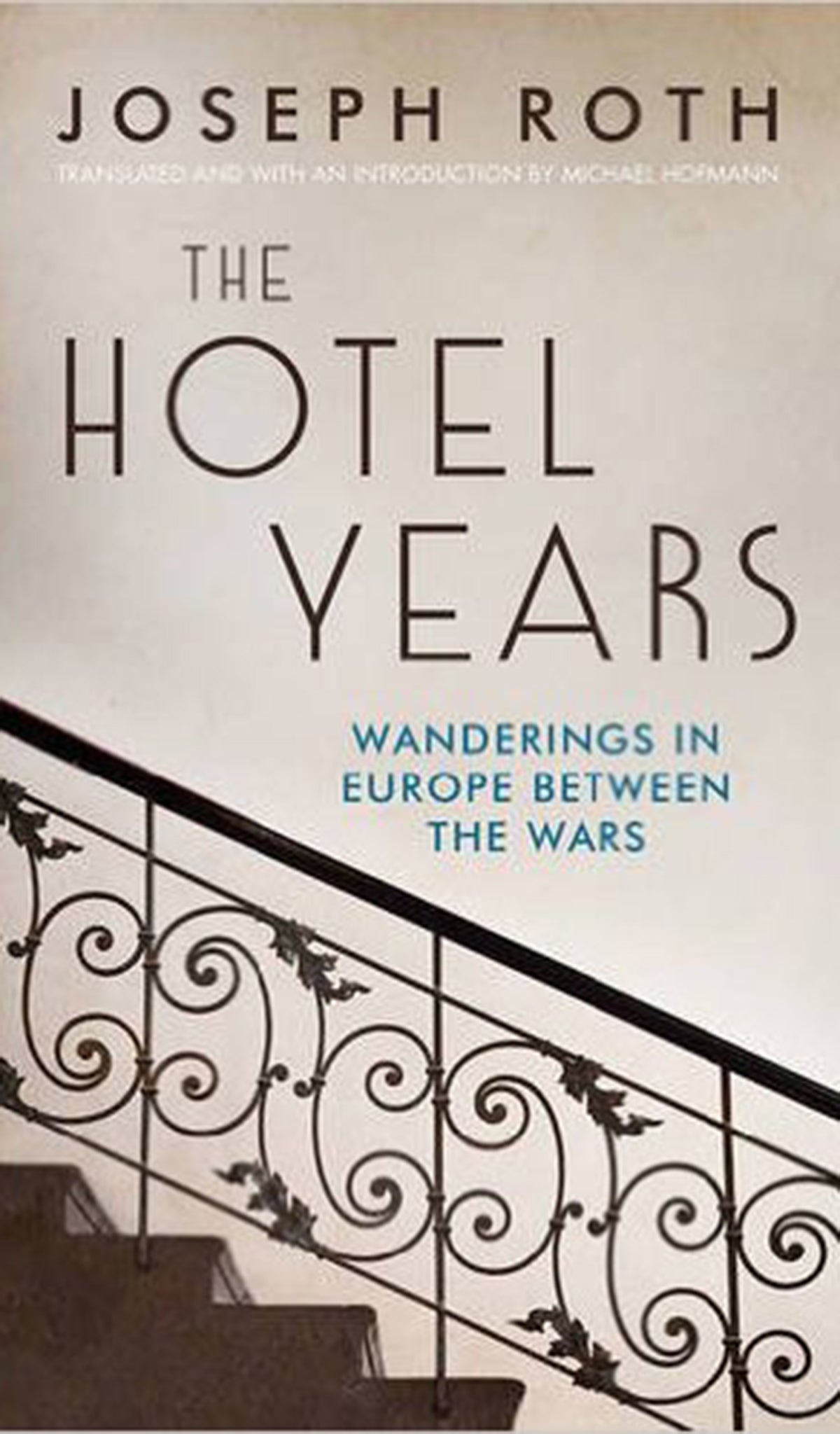The Hotel Years: Wandering in Europe Between the Wars by Joseph Roth, review: The wisdom of the wanderer in the inter-war years
However dislikeable humans are, Roth insists upon a universal humanity

Your support helps us to tell the story
From reproductive rights to climate change to Big Tech, The Independent is on the ground when the story is developing. Whether it's investigating the financials of Elon Musk's pro-Trump PAC or producing our latest documentary, 'The A Word', which shines a light on the American women fighting for reproductive rights, we know how important it is to parse out the facts from the messaging.
At such a critical moment in US history, we need reporters on the ground. Your donation allows us to keep sending journalists to speak to both sides of the story.
The Independent is trusted by Americans across the entire political spectrum. And unlike many other quality news outlets, we choose not to lock Americans out of our reporting and analysis with paywalls. We believe quality journalism should be available to everyone, paid for by those who can afford it.
Your support makes all the difference.Thanks to the expert translations of Michael Hoffman, Joseph Roth is on track to share the canonical status of that other great European literary icon of the interwar years, Walter Benjamin. Like Benjamin, Roth was forced to become a wandering Jew, composing an extraordinarily precise stream of acute philosophical observations under the most adverse conditions before meeting a premature death. In Benjamin’s case, it was by his own hand; in Roth’s, through years of alcoholism, aged 44.
During his “wandering” years, Roth was obliged to generate a half-dozen articles weekly, mainly for German-language news sheets in Central Europe, Germany and France. This selection ranges from one-page first impressions to excerpts for in-depth literary features; from economics to politics.
I approached with some trepidation, expecting to skip whatever looked of variable or marginal quality. The shock is how little there is of either: Roth retains a phenomenal memory, working without recourse to his library, but with renewed insight, evoking fresh applications to current circumstances. The writing is so consistently incisive that we devour the lot, compulsively, from cover to cover.
Fate flows like a bloodline, engendering accidents. “The Umbrella” (1921) recounts how a pedestrian attempting to cross a road in a rainstorm “ran into a car”. As passers-by attend to the bloodied body, someone takes the opportunity to make off with her umbrella. She bewails not her fate, but the loss of her brolly. This instant leads Roth to observe: “People come in two sorts: unscrupulous and plain dim.”
Roth’s philosophical eye universalises minor incidents with aphorisms worthy of Marcus Aurelius. Roth makes “the reader” his subject. A piece in the Frankfurter Zeiting addresses his own reader via the fictitious Man (Who) Reads the Paper. “While his slightly bulbous pupils in their sharp oval spectacles slalom down the page, dreamy fingers play on the cafe table and perform a silent trill that looks like a form of grief – as though the fingertips were looking for invisible crumbs to pick up”. Roth’s coup de grace lies in the incomplete final sentence: “...what I write is not to his taste...”
Roth was not to the taste of many contemporary readers but, he foresaw what the mass of them refused to see through their “sharp oval spectacles”. Yet however dislikeable humans sometimes are, and however arbitrary “the disfavour of fate”, Roth insists upon a universal humanity.
Order for £13.99 (free p&p) from the Independent Bookshop: 08430 600 030
Join our commenting forum
Join thought-provoking conversations, follow other Independent readers and see their replies
Comments